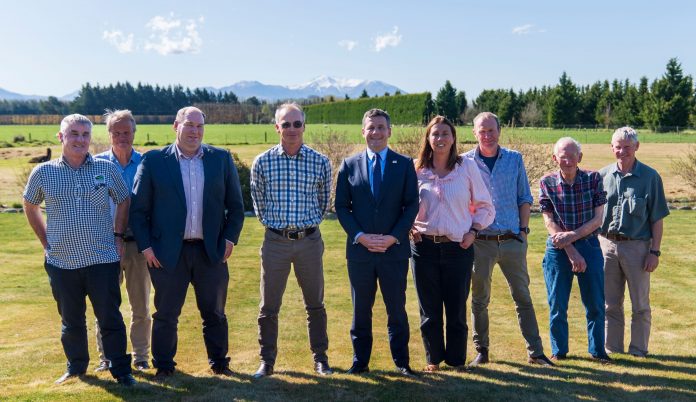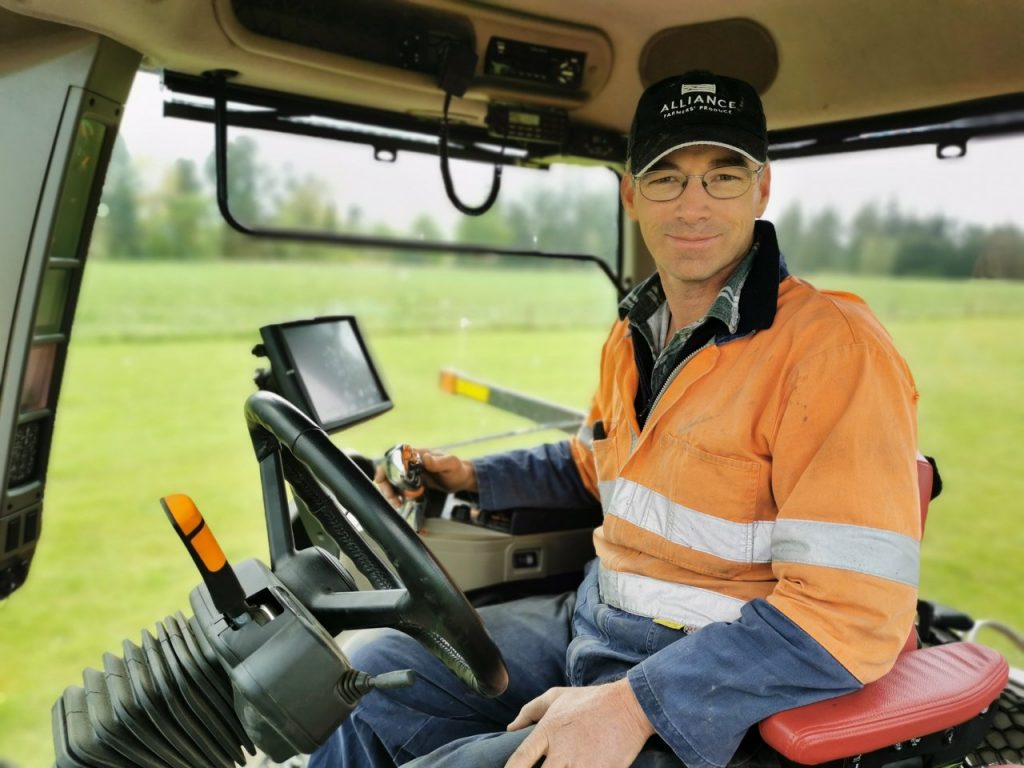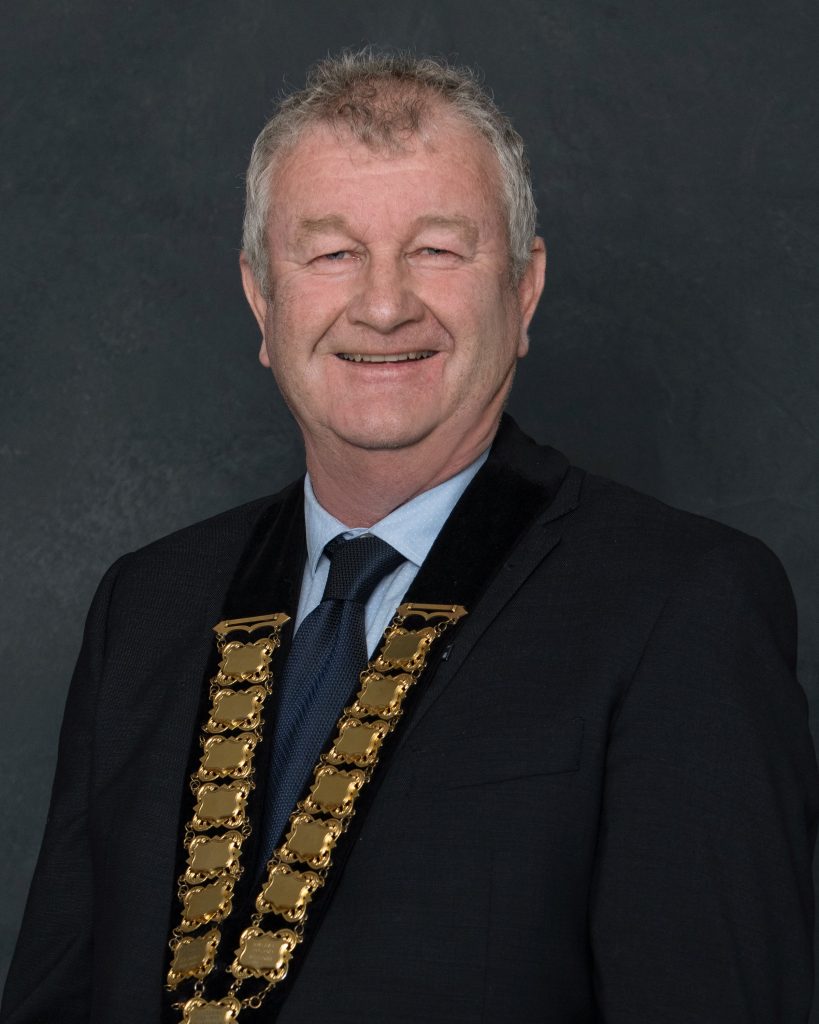
Enforcement of current consenting laws should be put on pause as they are soon to be removed anyway, Deputy Prime Minister David Seymour says.
He visited Mid Canterbury “for a reality check” yesterday which included meeting with frustrated farmers.
“It seems we are in a republic of ECan where the citizens are very much under the yoke and not happy,” Seymour said.
“It saddens me that people who have so much drive to do good things, including improving the environment, are being oppressed and discouraged from investing by the very organisation that is supposed to be serving them.”
His visits included to farmer David Clark, who hit the headlines last week with his consent struggles for his mixed arable, seed, and livestock farm out of Ashburton.
Clark’s routine re-consenting of his farm, which received an A-grade environmental audit in 2024, has turned into what he described as an “overwhelming” and expensive ordeal

ECan consents planning manager Henry Winchester responded that there is no such thing as a “consent renewal” under the Resource Management Act (RMA).
“Every application to undertake an activity requiring consent must be processed in accordance with the processes in the RMA. Applications, even for existing activities, must be considered against the current state of the environment and relevant legislation.”
Seymour said it was harassment that farmers are experiencing, having laws that the Government has made clear will be removed are being heavily enforced to the cost of hundreds of thousands of dollars.
“There has to be some investigation of what can be done in the short term.
“We have undertaken to go back to Wellington and ask how a pause can be put on this vexatious enforcement of rules, which are like basically walking zombie laws anyway”.
The new RMA being worked on by the Government “will make a big difference”, but it will take until next year.
“We are doing it as fast as can be done while accepting its nowhere now fast enough for the people paying hundreds of thousands of dollars under the old law”
Act MP Andrew Hoggard, who accompanied Seymour on the visit, said that under the current markets, farming should be supercharging the economy but there is a climate of regulatory uncertainty.
“The farmers don’t have confidence to go out and invest because they are only getting a five- or eight-year consent.
“And then they are having to spend $100,000 on a notified consent, or looking ahead to having to pay for consenting.
“That’s what’s holding things back.”
Time to carve up Canterbury?
Seymour said the issues are being exacerbated by an urban-rural divide at a governance level.
“You have a whole lot of urban New Zealanders voting on things that don’t affect them, and a whole lot of rural New Zealanders that effectively have no vote on the things that affect them because they are massively outnumbered.
“That is what Christchurch is doing to the rest of Canterbury.”
One solution, he called “the giant hole punch”, is making Christchurch a unitary city and leaving the rest of Canterbury to govern itself.
“You have to get rid of this minority situation where the majority of the people are actually outvoted, which is crazy in a democracy.”
He believes the people in rural Canterbury “need to take the power back”.
ECan has been looking into the future form and function of local and regional government for Canterbury.
Pauling has previously stated that there were flaws with the present local government model, as local and regional councils didn’t always work together.
He also cautioned a shift to unitary councils.
Pauling has said the often-mooted Christchurch unitary authority would be ”unworkable” with questions if the rest of Canterbury would have a sufficient ratepayer base to manage regional council functions.
Splitting the region into three – North, Mid, and South Canterbury has also been mooted – but Pauling thinks it would be ”problematic”.
He is encouraging councils from across the region to continue this discussion in the next term.
“I think it’s important that people all across the region – industry and business, Rūnanga, community groups, thinkers and influencers – can take part so Councils and Government don’t have these conversations in a vacuum.”
Praise for Brown
Seymour also had a meeting with Ashburton Mayor Neil Brown.
The deputy prime minister had praise for the outgoing two-term mayor.
“I admire what he has done as he leaves.”

The achievements Seymour noted were “local water looks like it will be sorted and be cost effective” and the completion of Te Whare Whakatere, Ashburton’s library and civic centre.
He said that under Brown’s leadership, Ashburton is “a bustling town”.
“A lot of people are down on their councillors and their mayors, and some of them deserve it, but when you have someone that gives 21-years of service, the community should want to make that desirable otherwise who is going to stand next”.




